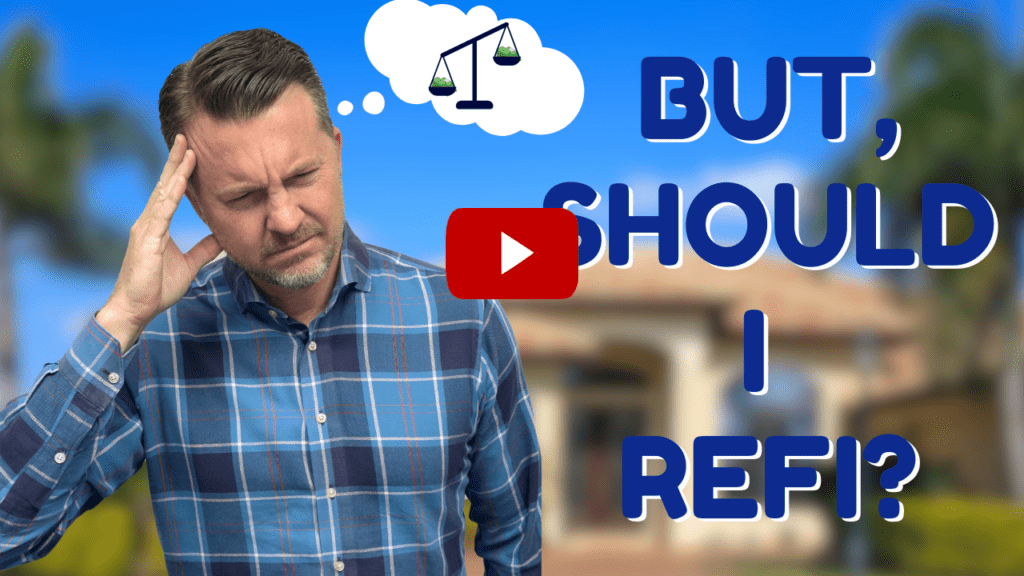Refinancing can be a powerful financial tool, but it’s not always the right move for everyone. In today’s mortgage landscape, many homeowners wonder if a refinance is the best decision for their financial situation. In this post, we’ll dive into the benefits and potential drawbacks of refinancing your mortgage, so you can make an informed decision.
Understanding the Basics of Refinancing
Refinancing is essentially replacing your current mortgage with a new one, ideally with better terms. But just because you can refinance doesn’t mean you should. At Morgan Financial, we approach refinancing with the same thoroughness as a new home purchase. We believe in digging deep to understand your reasoning and goals, ensuring that refinancing makes financial sense for you.
When Refinancing Might Not Be the Best Move
While refinancing can offer lower interest rates and monthly payments, it’s important to consider the potential downsides. Here are some reasons you might decide against refinancing:
- Closing Costs: Refinancing isn’t free. The closing costs, which are typically financed into the loan, can diminish the savings you might gain from a lower interest rate. It’s crucial to evaluate if the long-term savings outweigh these costs.
- Extending Your Loan Term: If you’re 10 years into a 30-year mortgage, refinancing to another 30-year loan might not be the best idea. Although it can lower your monthly payment, you’ll end up paying more interest over the life of the loan.
- Short-Term Plans to Sell: If you’re planning to sell your home in the next six months to a year, refinancing might not be worth it. You may never recoup the closing costs through monthly savings in such a short time frame.
When Refinancing Makes Sense
Despite the potential drawbacks, there are scenarios where refinancing can be highly beneficial:
- Lower Interest Rates: If market rates have dropped significantly, refinancing can reduce your mortgage payment and save you thousands of dollars over the life of your loan.
- Debt Consolidation: If you have high-interest debt, such as credit cards, refinancing can allow you to consolidate that debt at a much lower interest rate. This can improve your cash flow and save you money in the long run.
- Shortening Your Loan Term: Refinancing from a 30-year to a 15-year mortgage can help you pay off your loan faster and save on interest. This is especially attractive if you secured your original mortgage at a higher rate.
The Importance of Professional Guidance
Before deciding to refinance, it’s crucial to consult with a financial professional who can help you assess whether it’s the right move for your unique situation. At Morgan Financial, we pride ourselves on providing honest advice that’s in your best interest.
There are no dumb questions when it comes to your mortgage and finances. Whether you’re looking to refinance or purchase, our team is here to help you explore your options and make the best decision for your financial future.
Final Thoughts
Refinancing can be a smart move if done for the right reasons. By carefully weighing the costs and benefits, and consulting with a trusted financial professional, you can make a decision that aligns with your long-term goals.
Contact us today for a free consultation to get ReFi Ready today! You want to be ready to take advantage of potentially the best rates available. Let’s make sure you’re ready to seize the opportunity when the time comes.
Reach out now to get started on securing the home of your dreams or refinancing to save more on your current mortgage.
Let us assist you in making informed decisions.
At Morgan Financial, we’re dedicated to helping homeowners in Melbourne, Florida and beyond, make smart financial decisions. Don’t wait— contact us today to help you get the mortgage that is right for YOU!





